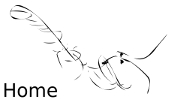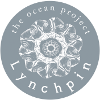Living Data
Evolving conversations 
University of Technology, Sydney Main Entrance Foyer, 3 Sept 2014 - 20 Nov 2014
In Ultimo Science Festival, Sydney3-12 Sept 2014
 Lisa Roberts
Lisa Roberts
I collected plankton from a frozen lake with a biologist and scrambled over rocks with a geologist to see an elephant seal wallow. I watched water reflecting up to the sky and charged solar particles fluorescing gas in the upper atmosphere. I studied the varying surface textures of water, shaped by wind and currents. Each day I drew, painted, wrote, animated and practiced Tai Chi. I experienced a heightened sense of the forces that martial artist Paul Crompton describes as 'merging' (Crompton, 1992, p.vi). I was in conversation with Antarctica and with scientists, confronted by new feelings and ideas.
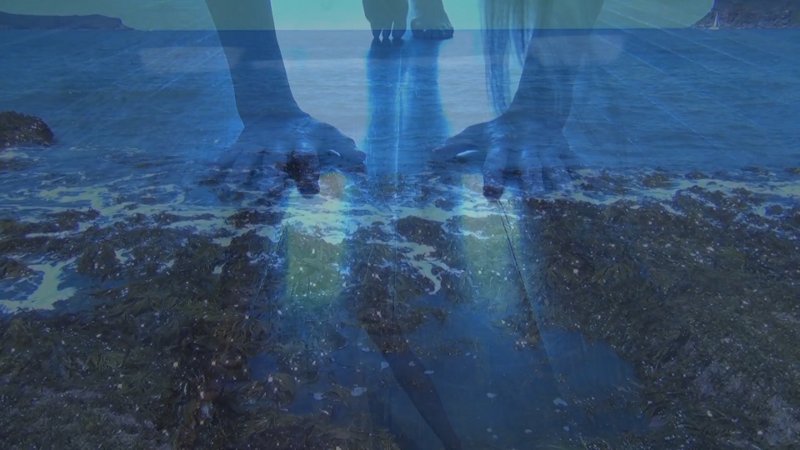
Lisa Roberts Oceanic Living Data 2014
Video. Duration 5'30"
Underwater video: William Gladstone
Words: Lisa Roberts with Sue Anderson
and Steve Nicol
Gestures: Barbara Cuckson, Vikki Quill
Sea level data: John Church
Exectutive production: Ken Wilson
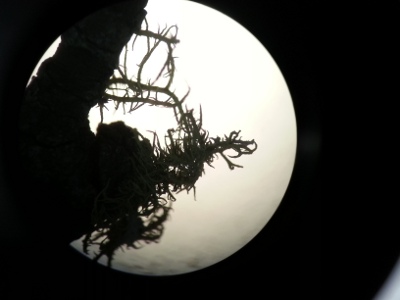
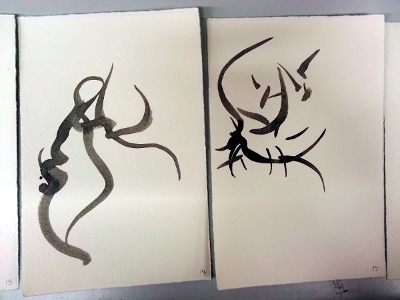
Lisa Roberts. Lines of Human Force (Ongoing)
Drawings of miscroscopic life
Materials and sizes variable
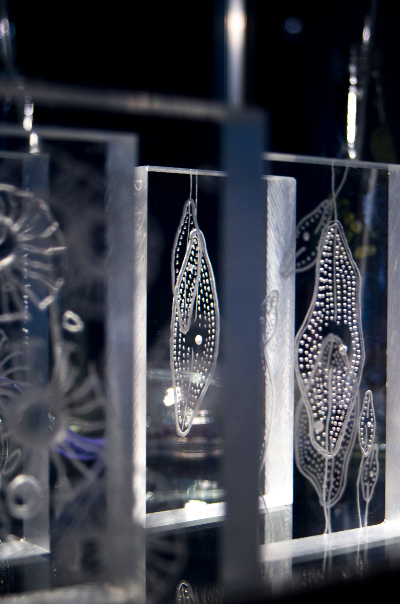
Lisa Roberts. Phyto forms in Ice (Ongoing)
Hand-engraved acrylic blocks
Each 120mm x 65mm
Numbers variable
Photo: Stephen Pierce
Story: The video Oceanic Living Data is part of a project that reflects growing understanding of connectivity in the natural world. Iterations of the work reflect ongoing conversations with scientists and other artists who share data, stories and iconography that offer multiple perspectives. Since working in Antarctica as Australian Antarctic Arts Fellow (2002), conversations with the scientists I met there continue. I met my partner in Antarctica and moved to his home in Sydney where many 'Antarctic' scientists live. One I met at a book launch at the Taronga Zoo led me to co-authoring a scientific paper about the first observation of Antarctic krill (Euphausia superba) having sex on the sea floor. This work led me to the University of Technology, Sydney (UTS) and conversations that resulted in more field trips with scientists. We measured how the seaweed Neptune's necklace (Homosira banksii) responds to changing temperatures, and how climate varies with altitude. I am uplifted by new research at UTS into how micro organisms adapt and change. It makes me think that although humanity may fail to adapt in time to ensure its own well being, the planet will survive our harmful impacts. It makes me think we have a lot to learn from microscopic organisms that keep the big systems going.
Methods: Conversations are at the heart of what I do. I dance, draw and paint, as well as make objects and animations. The language of science is global, and in response to scientific data and stories I use primal forms to combine personal feelings with descriptions of how things work. Primal forms are circling, spiralling and crossing. When outwardly spiralling lines are used to animate Antarctica's circulpolar current, the lines described can stir feelings of growth and renewal. Accurately describing a natural system can simultaneously express feelings of connection to that system. Looking at the lines you may imagine yourself drawing them from life and feeling part of what you see. I am fascinated by the beauty of natural structures and processes.
Bio: Current work is leading the Living Dataprogram, an experiment that aims to engage more people in conversations with scientists. Current position is Creative Fellow with the Climate Change Cluster (C3) at the University of Technology, Sydney (UTS). Formal studies include dance, visual arts, animation, interactive media, Indigenous perspectives and Antarctic perceptions. My PhDwas practice-based and led to the development of a lexicon of primal gestural forms. Presentations are made online, in public spaces and at conferences and exhibitions.
Further engage: Follow Lisa Roberts
